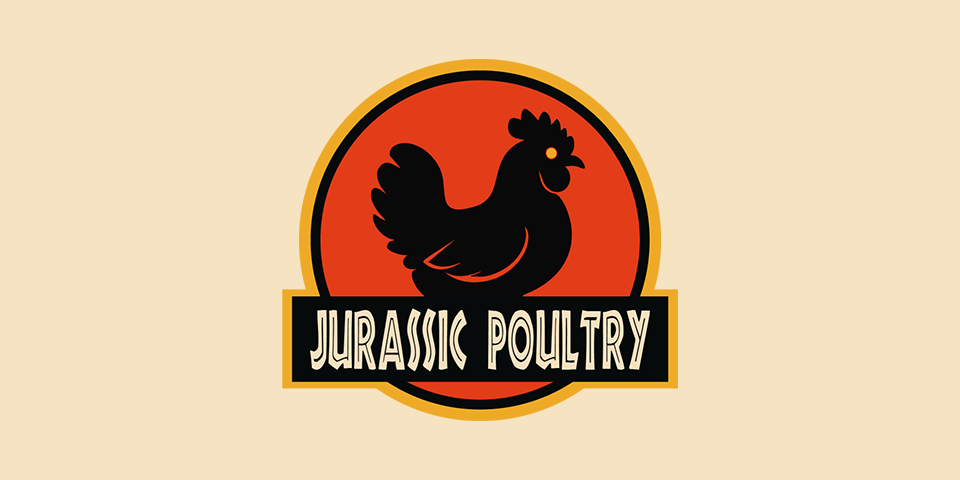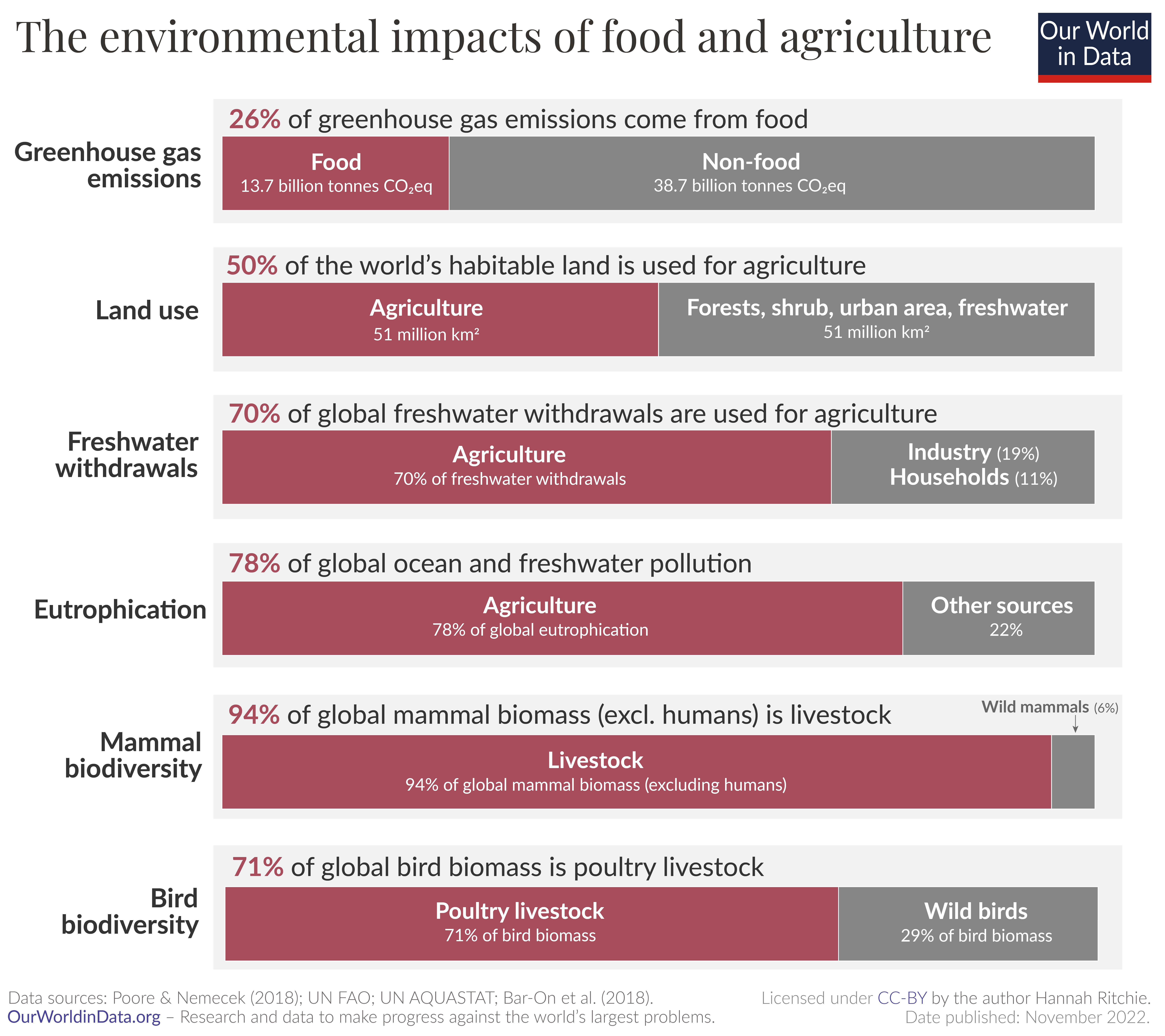
Intro
My name is Victor Pineda, and I once took care of 15 chickens. Well, by the end, it was only 13. No, there was no honey involved. Though here’s a great Honey Garlic Chicken recipe.
Caring for chickens taught me something valuable that most of us have lost: a real connection to nature, especially the nature of the food we eat. These days, “hunting for food” usually means grabbing it off a shelf, tossing it in a trolley, and calling it a day. What a world we live in!
But when you think about how food has become industrialized, it’s hard to ignore the positives that came with it. And that’s the tricky part: when we look back at the past and forward to the future of our food, the perspective shifts.
On one hand, industrialized food feeds billions efficiently, but it comes at a huge environmental cost. Food production now accounts for about one-third of global greenhouse gas emissions, drives deforestation, overuses water, and harms biodiversity.
If we adopt more sustainable practices, like plant-forward diets, regenerative agriculture, and reducing waste. We could cut agricultural emissions by up to 50% by 2050 and preserve ecosystems for future generations.
Plant-forward diet does not mean vegan
But if we keep following poor practices, the consequences are stark: more climate change, more food insecurity, and more strain on the natural systems we all depend on.

Sources
- Our World in Data: Environmental impacts of food
- RecipeTin Eats: Honey Garlic Chicken